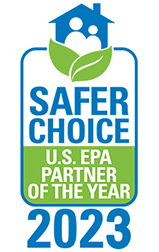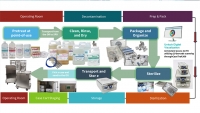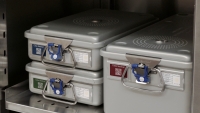
Prioritize Your Health
A Personal Example
I am embarrassed to say that despite being an advocate for best practices, safer chemical usage, sustainability and prevention, I am one of the 40% who neglected yearly mammograms, as a result I needed to have a lumpectomy just a few weeks ago to remove a cancerous tumor. I was lucky that despite having no recollection as to my last mammograph (at least 5 or 6 years ago) the prognosis for me is very good, the cancer is at a very early stage and treatable. It could have been much worse.
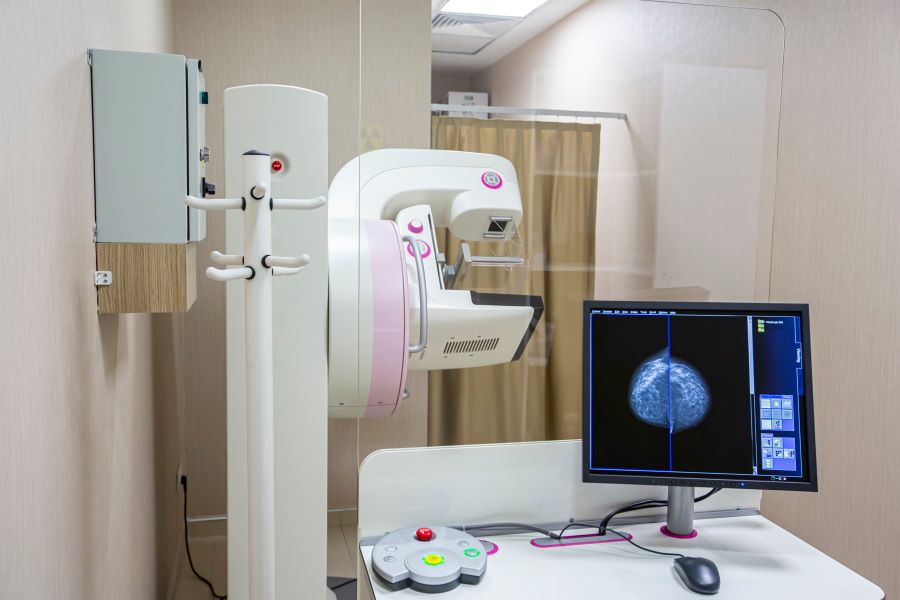

What Women and Men Do to Prioritize Their Health and Well Being
One in five women around the world will develop cancer over our lifetimes. Early treatment is key to improving survival rates, and that hinges on early diagnosis. This is why screenings are important before people develop symptoms. For breast cancer, the USPSTF recommends that women get screened every other year, starting from age 40 and continuing through age 74. For women ages 30 to 65, the recommendation is to get screened every three years with the Pap test. For colon cancer, the USPSTF recommends that both women and men begin screenings at age 45 instead of 50. This represents a change in response to the rise in colon cancer among younger individuals. Keep track of what screenings you receive and have an idea of when the next one is due.
Challenges In Our Health System
According to Dr. Lena Wen, she was not surprised to see how common it is for women to forgo health screenings, “Our society places too little emphasis on prevention, and there are many barriers in the way of people obtaining preventive care.” Some people do not have a regular provider and others may not get a timely appointment. I can share a personal example; it was suggested as part of my recent screening that I see an endocrinologist as soon as possible. However, I could not get an appointment until late October and to be on a waiting list I needed a set appointment first before I could even be considered for an earlier appointment. The days of the family doctor, dentist or community hospitals are gone. So many healthcare providers and systems have aggregated and merged to cut expenses and administrative costs or purchased by venture capitalists and hedge funds. This is true for many manufacturers and service providers in the healthcare industry. Here are just a few: Healthmark, Key Surgical, SPM, Medivators, SPS, ASP, and Censis. Case Medical is happy to stand alone as a privately held woman owned medical device manufacturer offering validated and certified quality products at an affordable price on time every time.
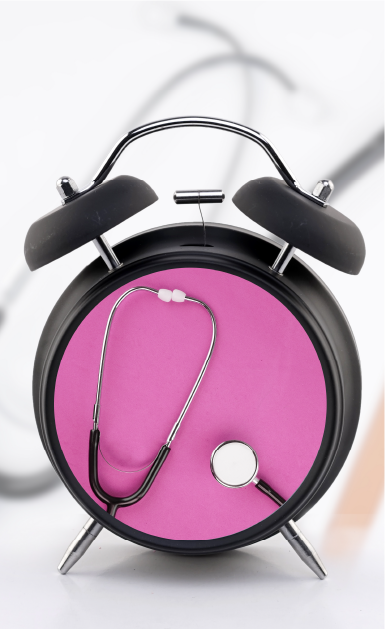
Visit us anytime at www.casemed.com to learn more about our products and services. We are here to help. Case Medical is a U.S. EPA SAFER CHOICE Partner or the Year for Manufacturer Formulator and recognized in NJ as Innovative Manufacturer of the Year.
Kindest Regards,
